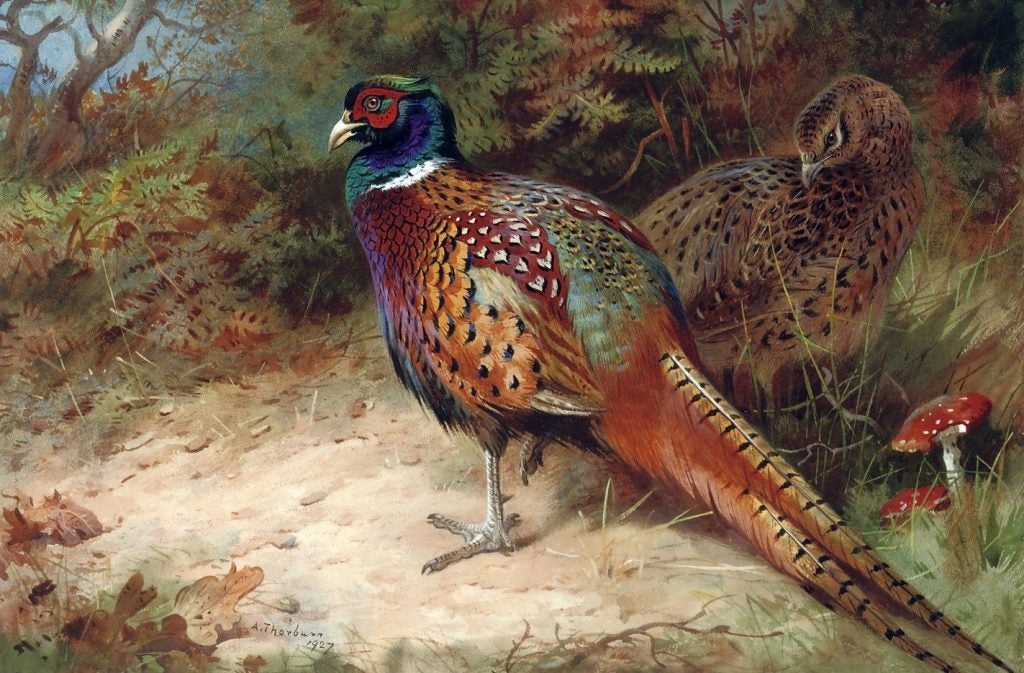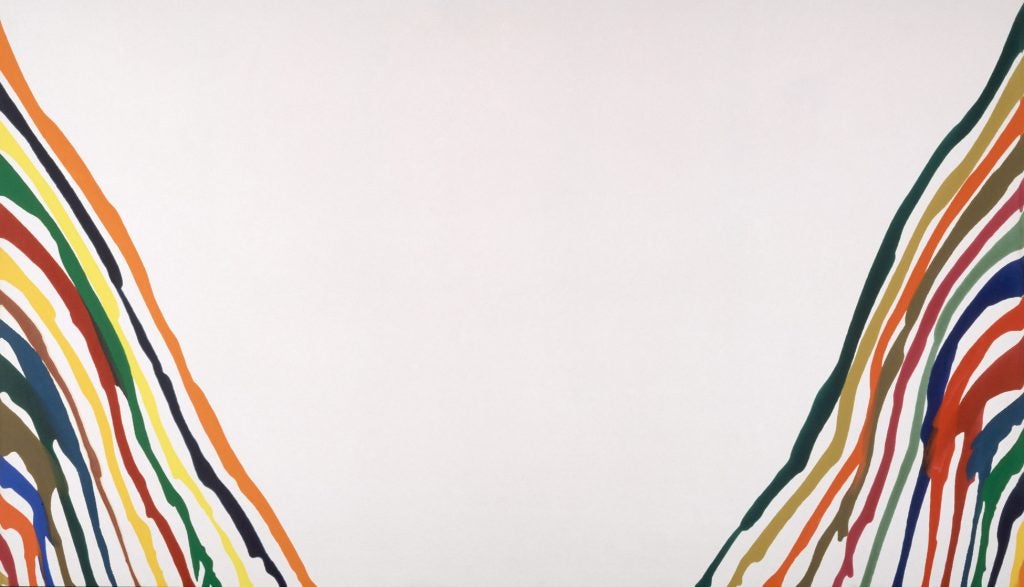“The Virginity Auction,” by Laura Maylene Walter
Clarissa had a deal for a one-time transaction with the Kitty Cup Ranch outside of Virginia City, Nevada, twenty-six hundred miles away from her home in Maryland. In recent months she and Bitsy, the ranch owners, and the ranch’s legal team had been drawing up the contract. If all went well, Clarissa would choose a man from among the highest bidders and complete the auction by mid-August, before she started college.
“The Virginity Auction,” by Laura Maylene Walter Read More »
Clarissa had a deal for a one-time transaction with the Kitty Cup Ranch outside of Virginia City, Nevada, twenty-six hundred miles away from her home in Maryland. In recent months she and Bitsy, the ranch owners, and the ranch’s legal team had been drawing up the contract. If all went well, Clarissa would choose a man from among the highest bidders and complete the auction by mid-August, before she started college.








